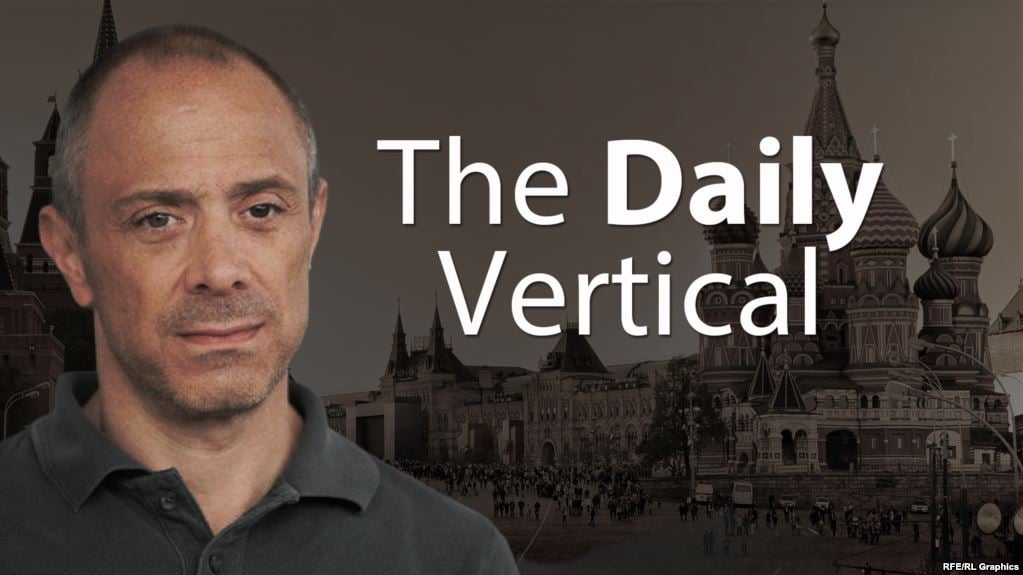
By Brian Whitmore, RFE/RL
What is undesirable is usually in the eye of the beholder.
Consider the case of the Sova Center.
The Sova Center is a Moscow-based think tank whose sole purpose is to monitor, document, and combat hate crimes.
The Sova Center is generally considered to be one of the leading authorities on extremist organizations, political radicalism, nationalism, and xenophobia in Russia.
The Sova Center is widely respected internationally for its defense of minority rights and religious freedoms.
And Russian prosecutors have now opened an investigation into the SOVA Center in connection with a controversial law banning “undesirable organizations.”
Why? Well, the Sova Center’s website provides links to past donors, which apparently include such undesirables as George Soros’s Open Society Institute and the U.S. National Endowment for Democracy.
So what does it say about Vladimir Putin’s regime if it suspects an organization whose sole purpose is to monitor and combat hate crimes of being undesirable?
It’s a fair question.
Now let’s compare the treatment of the Sova Center to how the Russian authorities have dealt with another organization — the far-right South East Radical Block, or SERB.
In the past two years alone, SERB activists have physically assaulted a 75-year-old protester; thrown feces at an opposition journalist; splashed urine on photos at an art exhibition; splashed antiseptic on anticorruption crusader Aleksei Navalny’s face, damaging one of his eyes; and tore down a memorial plaque to slain opposition leader Boris Nemtsov.
But the Russian authorities apparently see nothing undesirable in any of this.
By Brian Whitmore, RFE/RL





